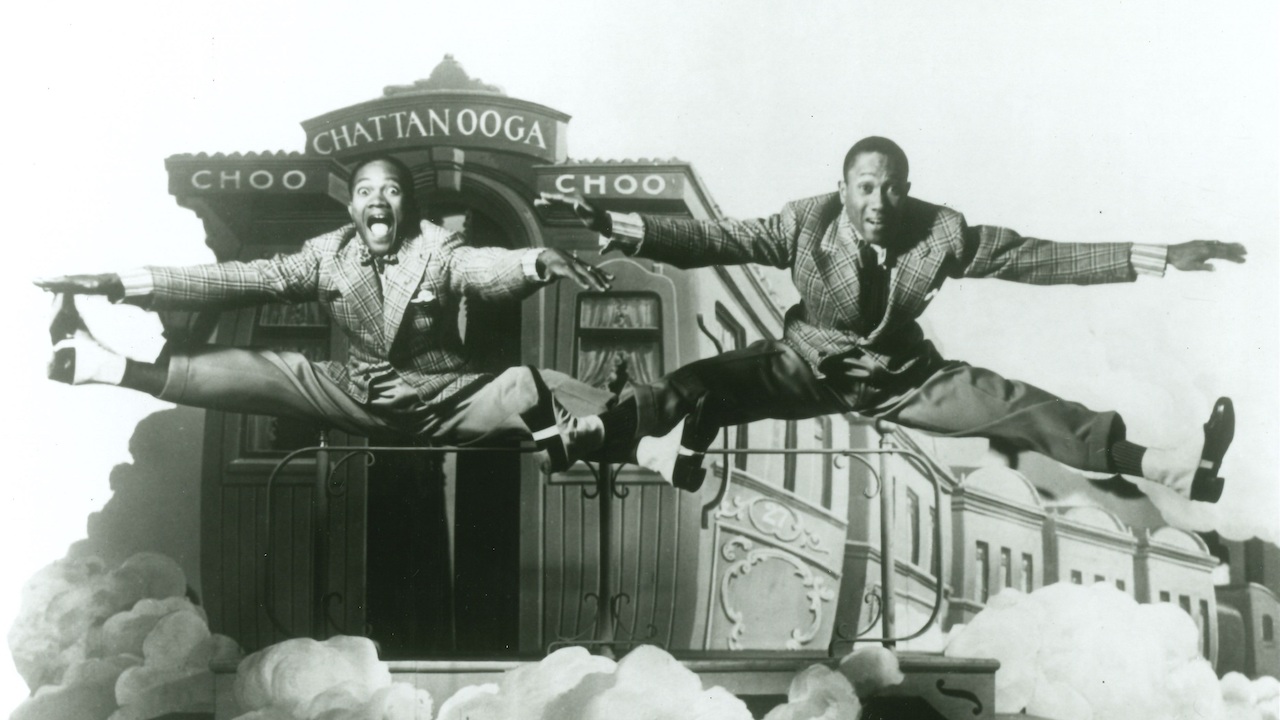As the CEO of the Royal Academy of Dance, I spend a lot of my time advocating for the transformative power of dance, both as an art form and as a means of personal development. Recently, however, I found myself deeply disturbed by the ethos and behaviours I came across whilst talking to young adults whose lives have been adversely affected by their dance experiences.
The worst of this kind of behaviour is portrayed in the reality television show, Dance Moms, which features children at the Abby Lee Dance Company in the US and their mothers. It presents a culture that is abhorrent and alarmingly detrimental to the young dancers involved.
In Dance Moms, we witness teachers regularly causing distress to their students, and mothers who not only pressure their children to succeed but also compete fiercely with each other to secure their child’s victory. This environment fosters a toxic atmosphere where the drive to win overshadows the joy of dance.
Language, when not used carefully, can cause long-term psychological damage. Statements such as, ‘this is how I was taught,’ ‘if you can’t take this pressure, you’ll never make it in the dance world,’ or ‘if you’re not first, you’re last,’ perpetuate a harmful mindset. These phrases, intended to drive children towards excellence, often leave them scarred, both in the studio and beyond.
In psychotherapy there is a phrase ‘hurt people, hurt people’: sadly, I think this applies to some dance teachers. Teachers who replicate the harsh methods they themselves endured often claim they are preparing students for the competitive nature of the dance world. However, this approach neglects the essential element of nurturing a love for dance. Relentless pressure and constant comparison erode the artistry and joy that are the true heart of this beautiful expression of humanity.
‘A dancer’s success should not measured solely by trophies but by their passion, progress and personal fulfilment’
The RAD stands firmly against this culture of toxic competition and status obsession. We believe that dance should be a source of joy, self-expression and personal growth for all. It should foster creativity, resilience and a lifelong appreciation for the arts, rather than becoming a battleground for one-upmanship in the social media age.
Our commitment is to champion wellbeing in dance. This means creating environments where dancers of any age feel supported, valued and inspired. It involves training teachers to use positive reinforcement and constructive feedback, ensuring that their words uplift rather than harm. We advocate for a culture where a dancer’s success is not measured solely by trophies and titles, but by their passion, progress and personal fulfilment.
At the RAD, we are dedicated to redefining the culture of dance education. We strive to balance the pursuit of excellence with the imperative of mental and emotional wellbeing. By doing this, we can ensure that dance remains a beautiful, expressive art form that enriches rather than diminishes lives.
Together, let us champion a new ethos in dance – one that celebrates the joy of movement, the beauty of expression, and the importance of nurturing the next generation of dancers with care, compassion and respect.
Tim Arthur will stand down from the role of Chief Executive of the RAD at the end of this year, to prioritise family responsibilities that require his full attention. You can read Tim’s farewell column in the next issue of Dance Gazette.

